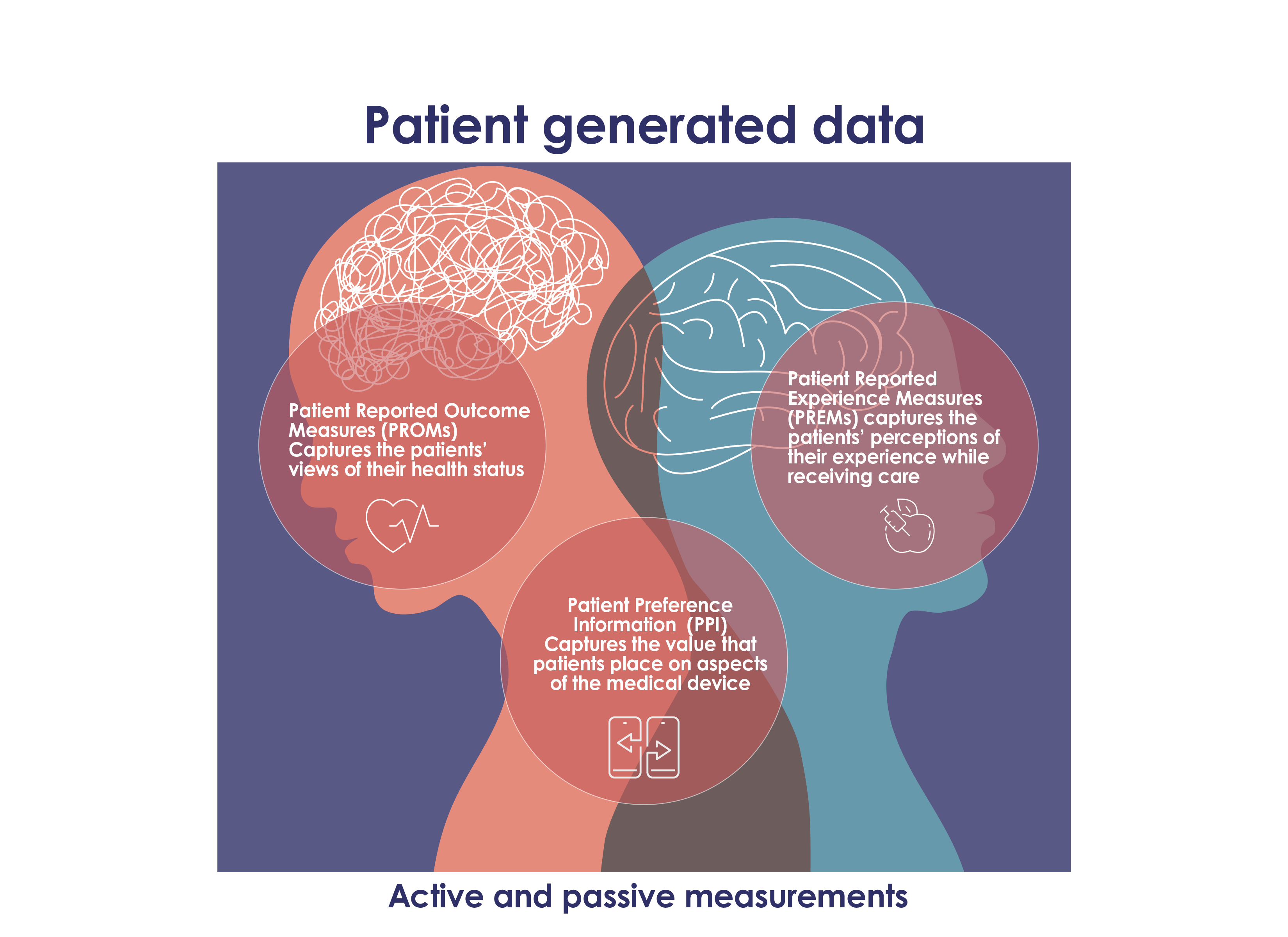Patient Reported Outcomes for Multiple Sclerosis
“Empowering Patients, Improving Research and Care”
An initiative jointly led and coordinated by the European Charcot Foundation and the Multiple Sclerosis International Federation (MSIF), with the Italian MS Society acting as the lead agency for and behalf of the Global MSIF Movement
PROMS is a multi-stakeholder initiative, including people affected by Multiple Sclerosis, researchers, clinicians, pharmaceutical companies, and MSIF’s member organisations as well as many other types of expert – to do together what we cannot achieve individually.
The core of the PROMS participatory governance is an innovative framework used to engage patients. Within this framework, patient advocacy organizations play an important role, as boundary organisations between science and society, to define and implement the “how to” patient engagement.
A survey co-created with patients.
The PROMS initiative conducted a Global Survey for PwMS, offering a unique opportunity to contribute to the advancement of new and improved patient-reported outcomes (PROs) by sharing their perspectives and experiences. The results are expected to come in early 2024.
There are therefore multiple ways in which you can interact with PROMS members, either as a stakeholder organisation/initiative wishing to collaborate with us, an individual expert from the scientific/industry communities seeking to participate in one of our working groups or even as an affected individual or caregiver looking to contribute to our research through patient engagement activities.

PROMS is a multi-stakeholder initiative, including people affected by Multiple Sclerosis, researchers, clinicians, pharmaceutical companies, and MSIF’s member organisations as well as many other types of expert – to do together what we cannot achieve individually.
.

A survey co-created with patients.
The PROMS initiative conducted a Global Survey for PwMS, offering a unique opportunity to contribute to the advancement of new and improved patient-reported outcomes (PROs) by sharing their perspectives and experiences. The results are expected to come in early 2024

The core of the PROMS participatory governance is an innovative framework used to engage patients. Within this framework, patient advocacy organizations play an important role, as boundary organisations between science and society, to define and implement the “how to” patient engagement
.

There are therefore multiple ways in which you can interact with PROMS members, either as a stakeholder organisation/initiative wishing to collaborate with us, an individual expert from the scientific/industry communities seeking to participate in one of our working groups or even as an affected individual or caregiver looking to contribute to our research through patient engagement activities.
.
Our Vision
The PROMS Initiative seeks to change the way healthcare research and delivery is done by incorporating the perspectives, preferences, and experiences of patients into the process. This approach is known as “participatory medicine,” and it puts patients at the center of decision-making, rather than solely relying on the expertise of healthcare providers.
To achieve its vision, the PROMS Initiative recognizes the need for a structured framework for participatory governance and a system for assessing the impact of its efforts. This includes involving patients and other stakeholders in the development and implementation of healthcare research and delivery initiatives, and measuring the outcomes of these initiatives in a meaningful way.
The ultimate goal of the PROMS Initiative is to improve the quality of care and outcomes for patients, by ensuring that their voices are heard and their experiences are taken into account in all aspects of the healthcare system.
Our Mission
Why is the Initiative needed?
The PROMS Initiative is focused on improving the health and quality of life of people living with MS, by incorporating their perspectives and experiences into the scientific research and care continuum. The aim is to create a stronger, more patient-centered approach to healthcare, which will benefit those with MS and potentially other patient populations as well.
Read MoreA survey co-created with patients
What if your experience of living with Multiple Sclerosis helped thousands of people?
The Patient Reported Outcomes for MS (PROMS) Initiative is a collaborative effort that involves people with and affected by Multiple Sclerosis (PwMS), healthcare professionals, researchers, and other stakeholders to collect patient feedback in scientific research, clinical trials of novel therapies, and the development of healthcare systems.
As part of this initiative, PROMS is conducting a survey for PwMS. If you belong to the target population, you have a unique opportunity to contribute to the advancement of new and improved patient-reported outcomes (PROs) by sharing your perspectives and experiences.
The survey was developed in collaboration with not only the research team but also some of our patients who played a crucial and active role in the process.
Enriching Science WITH and OF patient input
The power of the Science WITH Patient Input relies on an innovative framework used to engage patients. Within this framework, Patients and Patient Organizations are playing an important role to define and implement the “how to” of multi-stakeholder governance (EU H2020 “MULTI-ACT” project and toolkit) and patient engagement (under EU Responsible Research & Innovation [RRI] guidelines).
Read More
What are PROs/PROMs?
A patient-reported outcome (PRO) is a report of a person’s health condition that comes directly from the person, based on his/her own perception. PROs allow an individual to share their lived experience about their health or quality of life.
Examples include how they feel, what symptoms they are experiencing, or what they are able to do.
A patient-reported outcome measure (PROM) is a measure or tool that records and reports health-related data from patients – passively or actively.
In recent years, there has been a shift away from the conventional models of care delivery towards a patient-centered approach. It has been acknowledged that high-quality care necessitates patient information regarding their feelings, their symptomology, and the effects of the care management pathways undertaken.
Thus, the innovative concept of patient generated data rotates around three main dimensions: patients’ views of their health status while living with the disease (PROMs), the perception of their experience under treatment (PREMs) and even value feedback on their interaction with medical devices (PPI).

Four Strategic Priorities
What do we want to achieve?




Research, Development and Validation
Clinical management
eHealth
Healthcare system and Policies
Latest News and Events
Our Brains, Our Future
On November 28th, the PROMS Initiative had the privilege to participate in the symposium “Our Brains, Our Future: the value of brain research – from basic to clinical – to improve patient outcomes in Europe”, a key stakeholder meeting co-organised by the European Brain Council in partnership with the Spanish Brain Council and the Spanish National Research Council (CSIC), under responsibility of the Spanish Presidency of the Council of the EU.
PROMS Plenary 2023
The PROMS Initiative gathered once again for its annual Plenary Event in Baveno on Wednesday 8th of November, as a side event of the 31st European Charcot Foundation annual meeting.
The event emphasized the need for a new approach in clinical research and care, focusing on validating experiential knowledge of those living with the disease to benefit all stakeholders.
Measuring what matters to people with MS
In November 2023, as members of the PROMS Engagement Coordination Team (ECT), we travelled from across the globe to Baveno, Italy, to discuss the important topic of how patient reported outcomes can help with “Bridging the gap between clinical research and care”.
PROs are increasingly being used across research and healthcare for all conditions – not just MS.



